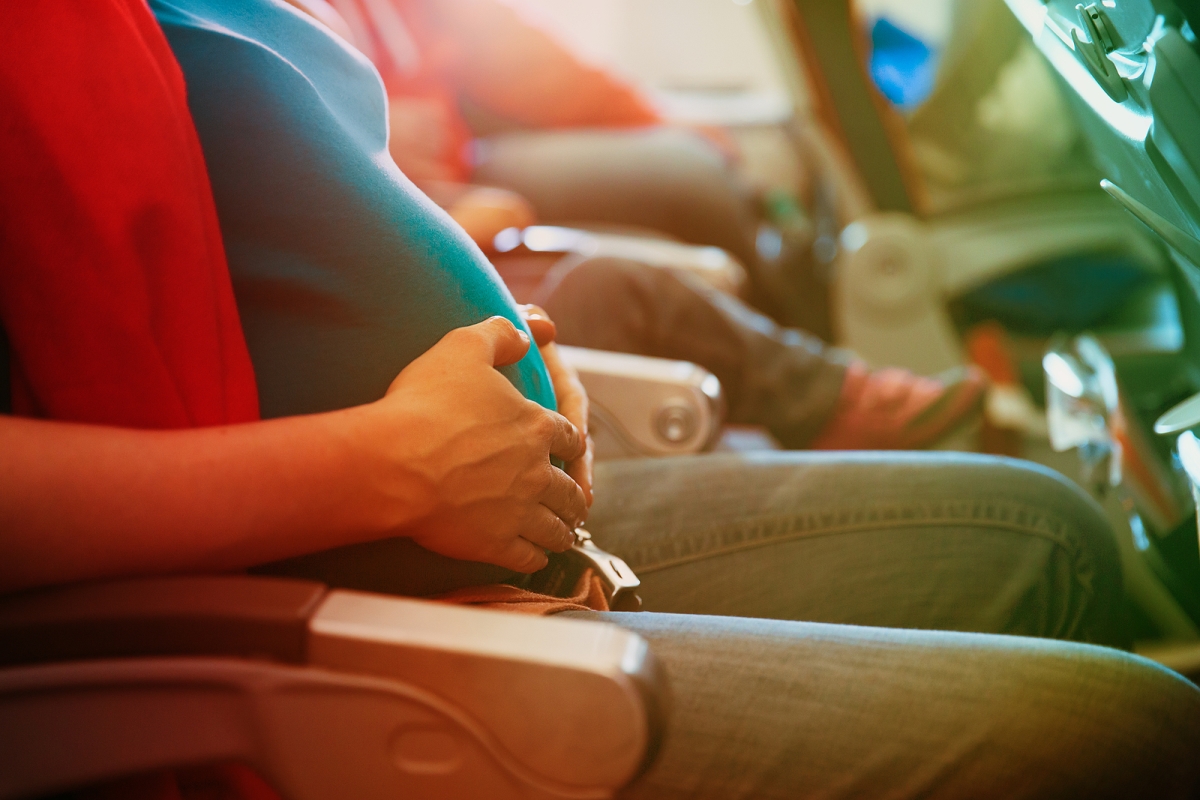Findings from a study exploring the birthing experiences of Indigenous mothers.
June 21, 2022
Giving birth on or near traditional territories is of social and cultural significance for Indigenous people. Travelling long distances to give birth can disrupt connection to family and community support during important life moments.
This study explores the birthing experiences of Indigenous mothers, with a focus on the distance travelled to give birth.
Using the most recent national survey of maternity health in Canada, researchers analyzed data on 3,100 Indigenous and non-Indigenous mothers living in rural and small urban areas who recently gave birth. They found that 23.2% of Indigenous women in rural and remote areas travelled 200 km or more to give birth, compared with 2% of Canadian-born, non-Indigenous women also living in rural and remote areas. Striking inequities exist in the geographic distribution of birthing facilities for remote and rural Indigenous communities.
This research builds on our growing understanding of the Family Identity component of the Vanier Institute’s Family Diversities and Wellbeing Framework.
Study citation: Smylie, J., O’Brien, K., Beaudoin, E., Daoud, N., Bourgeois, C., George, E. H., Bebee, K., & Ryan, C. (2021). Long-distance travel for birthing among Indigenous and non-Indigenous pregnant people in Canada. Canadian Medical Association Journal (CMAJ), 193(25), E948-E955. https://doi.org/10.1503/cmaj.201903



